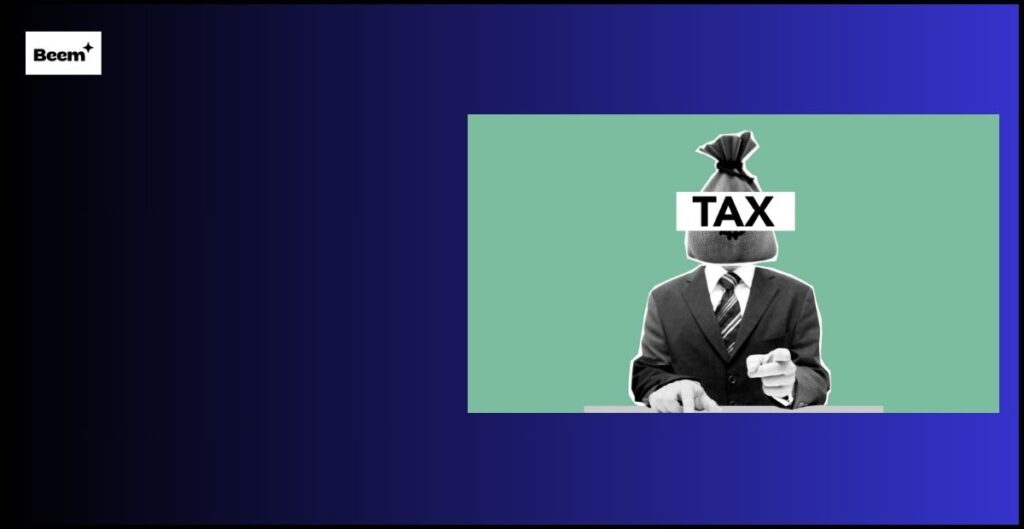Local governments and developers use a community development district (or CDD) as a special purpose government framework authorized by Florida Statutes to transfer the burden of developing infrastructure, maintaining roads, landscaping, and building clubhouses to the homeowners in that area or district. Are CDD fees tax deductible? Let us learn more about CDD fees in detail. Use Beem to get a quick and accurate estimate of your federal and state taxes and get the maximum refund.
Are CDD fees tax deductible?
No, the IRS says CDD fees are not deductible. This is because they are assessments, not advertisements or property taxes. Many people deduct it since the check is made out to the tax collector. Only a portion of that check is property taxes since the tax collector keeps the taxes due and sends the rest to the CDD.
Where to claim CDD fees?
According to the IRS, you cannot claim fees as they are not tax-deductible. Developers of neighborhoods and subdivisions charge Community Development District fees to fund neighborhood amenities. If CDD fees were not collected, these amenities and improvements could not be provided to the community.
Homeowners pay CDD fees to add to their property taxes and may bundle them into their tax statements. The CDD fee is a repayment of a loan received by the developer.
Are CDD fees tax deductible in Florida
The answer is usually no. CDD fees are generally not tax deductible on your federal tax return. For owners of rental real estate, CDD fees may be deductible as a rental expense. In most cases, CDD fees can be deducted from your income tax return as a regular business expense.
What’s Included in a CDD Fee?
The CDD can provide a variety of services, including:
- water management and control
- water supply
- sewer
- wastewater management
- bridges and culverts
- district roads and streetlights
- public transportation and parking
- Identifying and remediating contamination in the environment
- conservation areas
- parks and recreation facilities
- fire prevention and control
- Buildings and structures related to schools
- security
- waste collection and disposal
- mosquito control
The Downsides of CDD’s
Here are some downsides of CDD fees:
- A CDD payment can increase a homeowner’s yearly property tax payment by thousands of dollars.
- The CDD fees may change depending on whether more debt is incurred or property values fall. For homeowners, it can be challenging to budget for this instability.
- It is possible for CDDs to need better management, just as any other organization. Residents may only see desired changes to their neighborhood if monies are spent efficiently.
- Despite the higher value of real estate in CDD areas, it can take time to sell it. The added costs may put prospective buyers off.
- There is no way to opt out of paying CDD fees if you’ve purchased a property in a CDD neighborhood. Even if you don’t use or enjoy the amenities and services, you still have to pay them.
- The CDD provides transparency in its financial transactions, but homeowners have little control over how the fees are spent. Homeowners may feel neglected if they feel their priorities need to be considered.
- A lack of reliable financing can lead to over-development in CDD communities, destroying natural areas or constructing disruptive structures.
Do CDD Fees Go Away?
CDD fees will never go away. It will be necessary for you to pay both the CDD infrastructure assessment and the maintenance assessment. Many homeowners choose to pay off the infrastructure assessment. A few resales advertise that there is no bond or that the bond has been paid. However, It will ALWAYS be necessary to pass a CDD maintenance assessment.
How CDD Fees Are Calculated
Different CDD fees exist depending on the type of development and how many homes are responsible for repaying the loan. The CDD fee is usually paid over 30 years. You can expect to pay a CDD fee for 20 years if you move into a 10-year-old development.
Your property tax bill is credited with the fee yearly as a repayment. Communities built after 2003 are most likely to have these fees. But, payments for CDD fees are not tax deductible, like your property taxes.
Conclusion
In conclusion, are CDD fees tax deductible? The IRS says that payments for CDD fees are not tax deductible.
Many homeowners dislike a CDD community because they believe the CDD fees lead to higher property taxes. Even paying more than non-CDD homeowners, CDD homeowners typically receive benefits unavailable to others. CDD fees help pay for community amenities. Living in a community without one is the primary way to avoid paying CDD fees.
If you need more clarification about the process, consult a tax professional or seek online assistance like Beem .































